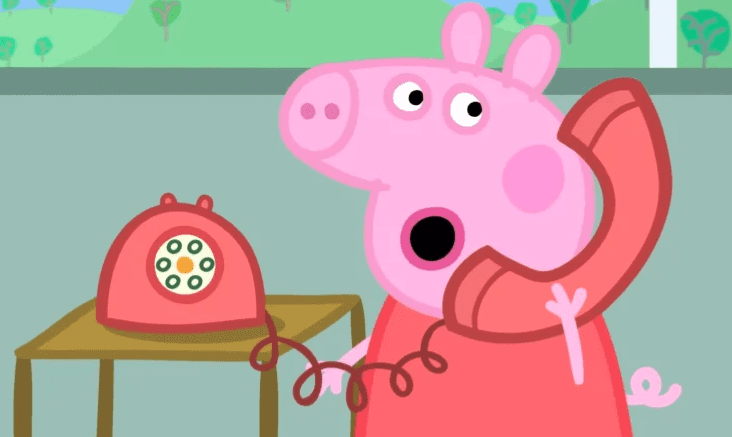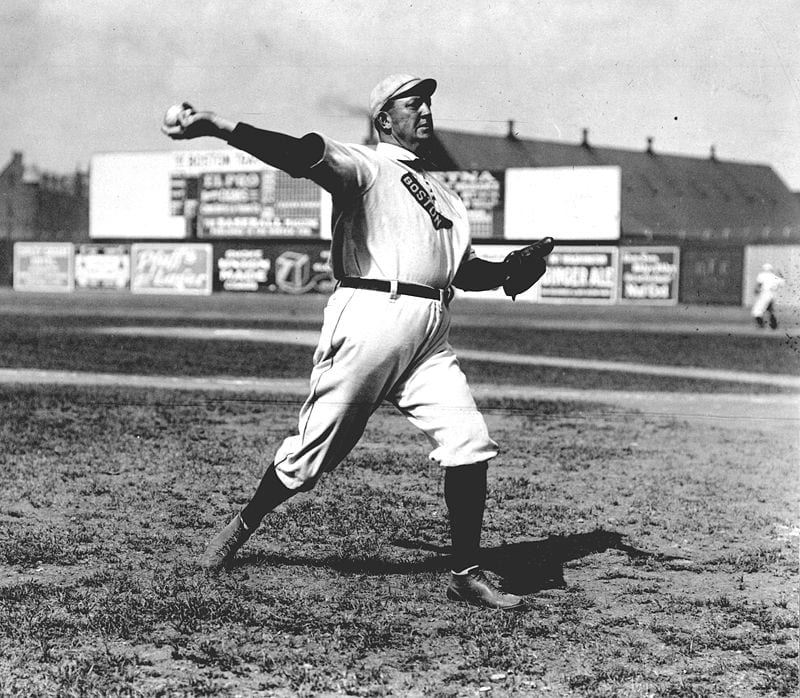It’s a pretty well-known fact by now that young kids love Peppa Pig. Like, a LOT.
The popular children’s show debuted in 2004, and has steadily taken over the world by indoctrinating the world’s children ever since.

Photo Credit: Entertainment One
But American parents have noticed lately that there’s been one strange consequence of their kids’ watching lots and lots of Peppa Pig.

Photo Credit: Twitter
As strange as it sounds, parents in the U.S. are noticing that their little ones are developing British accents from watching Peppa Pig.
And this guy isn’t alone. Look at all these other folks who are also experiencing the same phenomenon.




Photo Credit: Twitter
Roberto Rey Agudo, language program director of the department of Spanish and Portuguese at Dartmouth College, says the British accents are weirdly prevalent among kids in the U.S. “in part because Peppa Pig has been such a phenomenon with the 2 to 5-year-old crowd and it’s considered cute, whereas I don’t know what other shows have that kind of currency right now.”
I wonder why this didn’t happen with Mr. Belvedere when I was a kid…
The post American Kids Are Starting to Sound British After Watching Too Much ‘Peppa Pig’ appeared first on UberFacts.




























